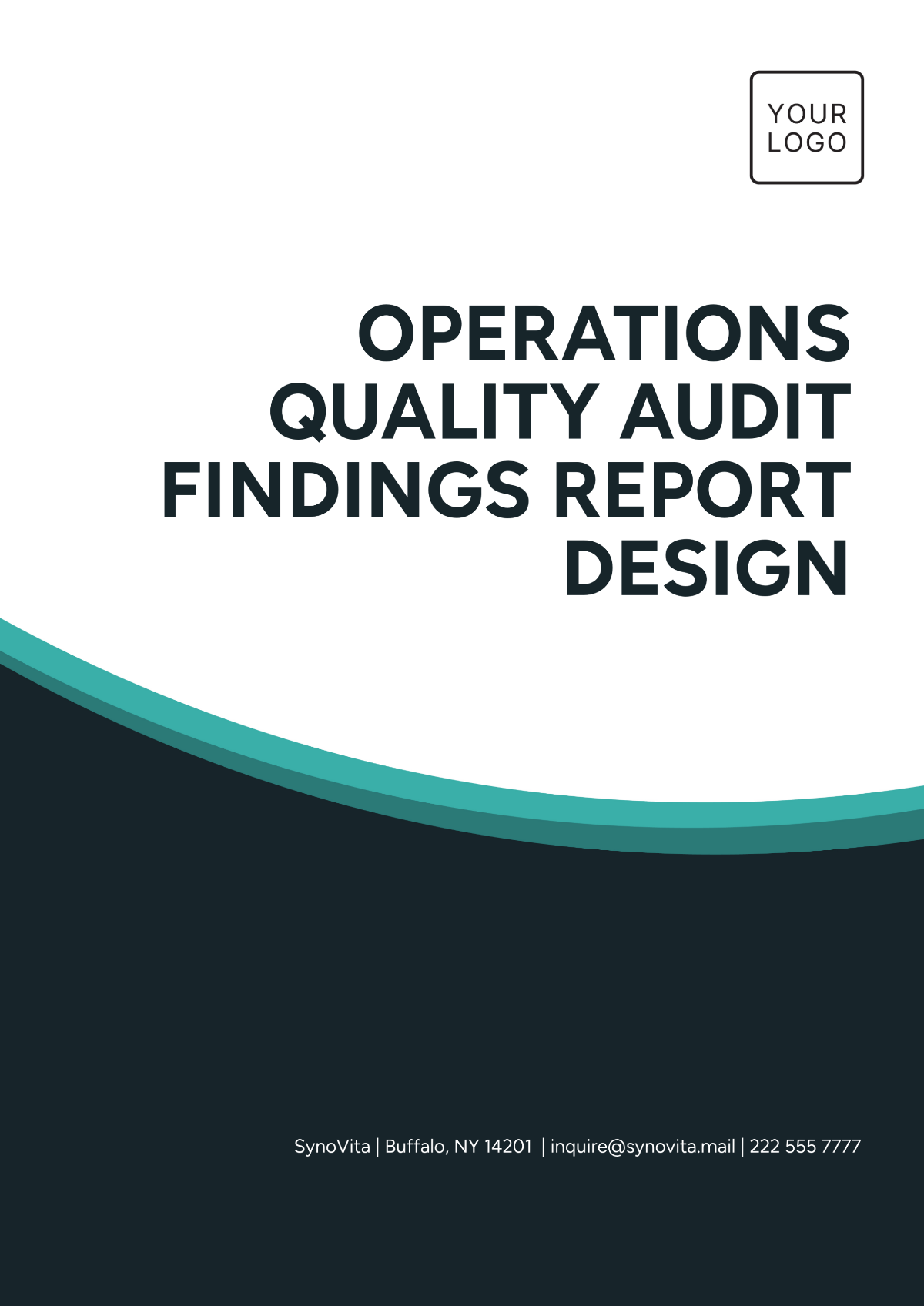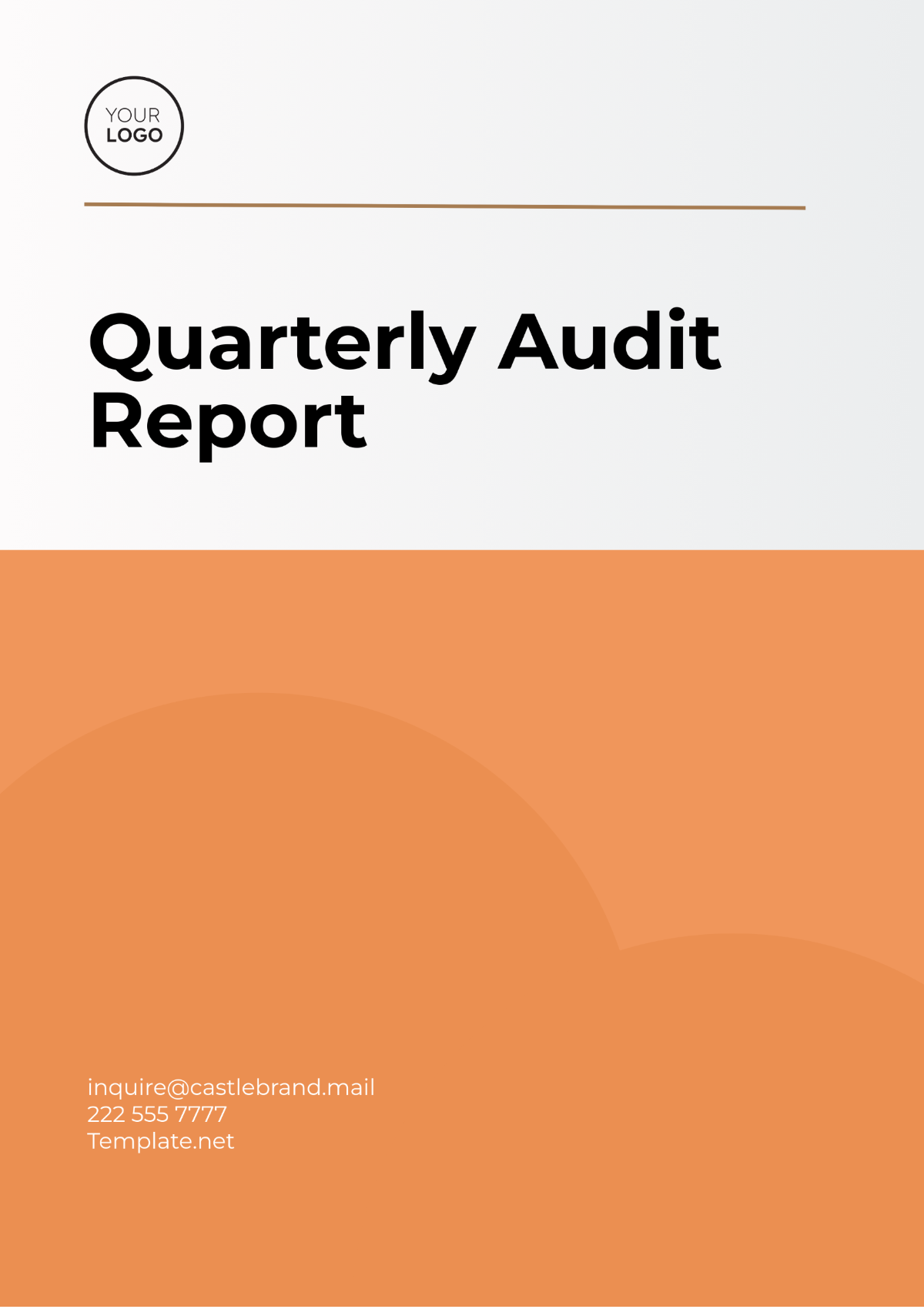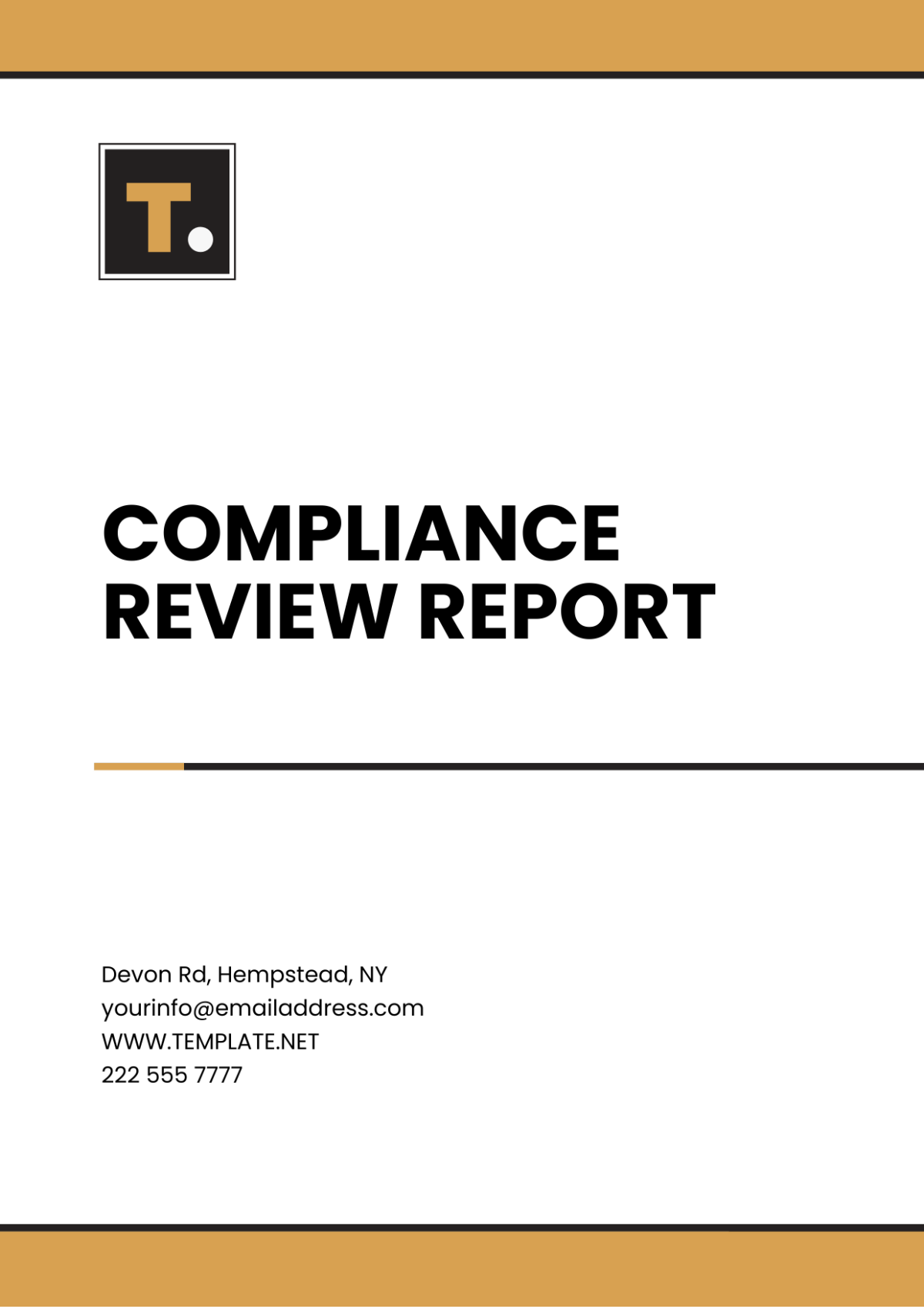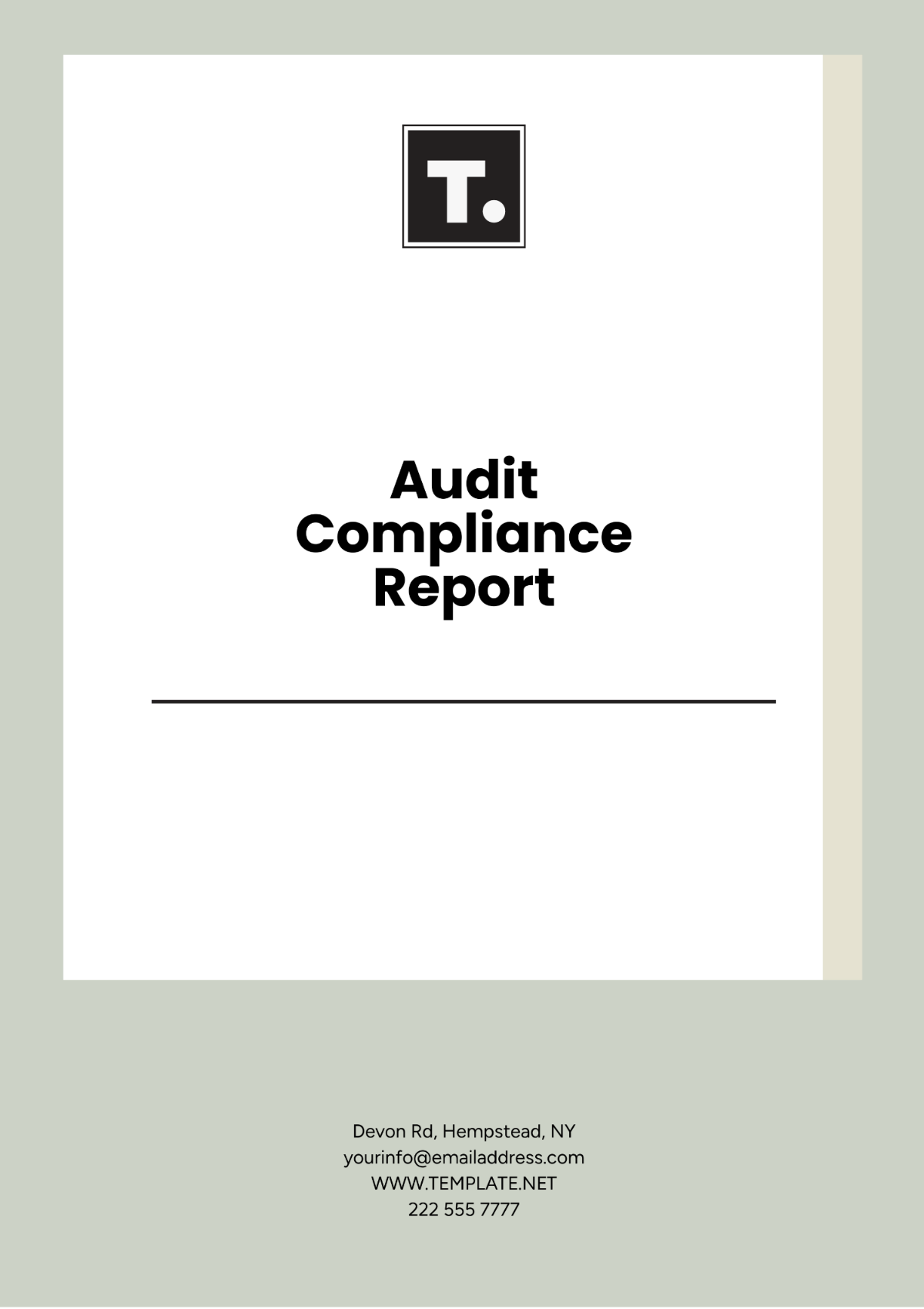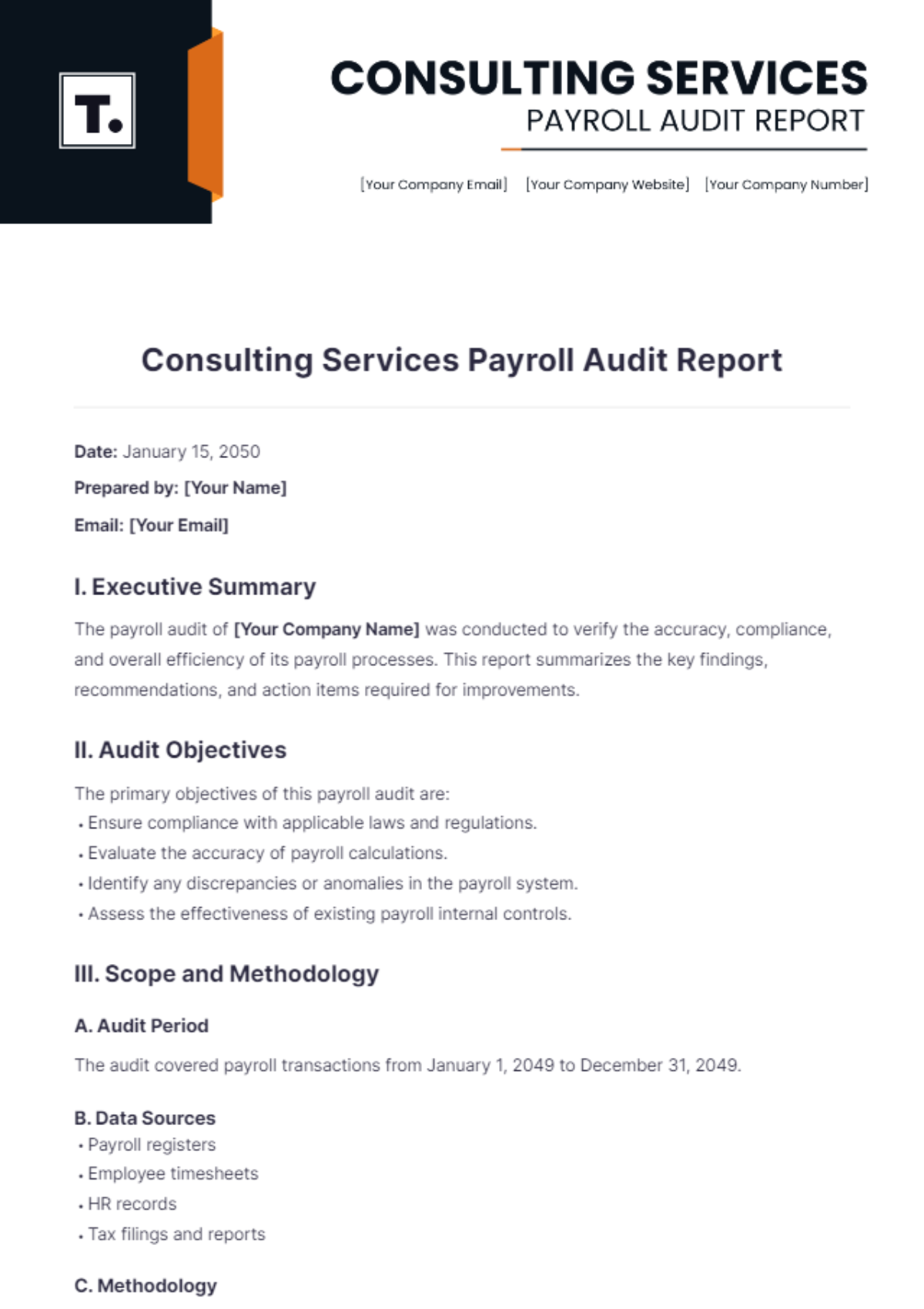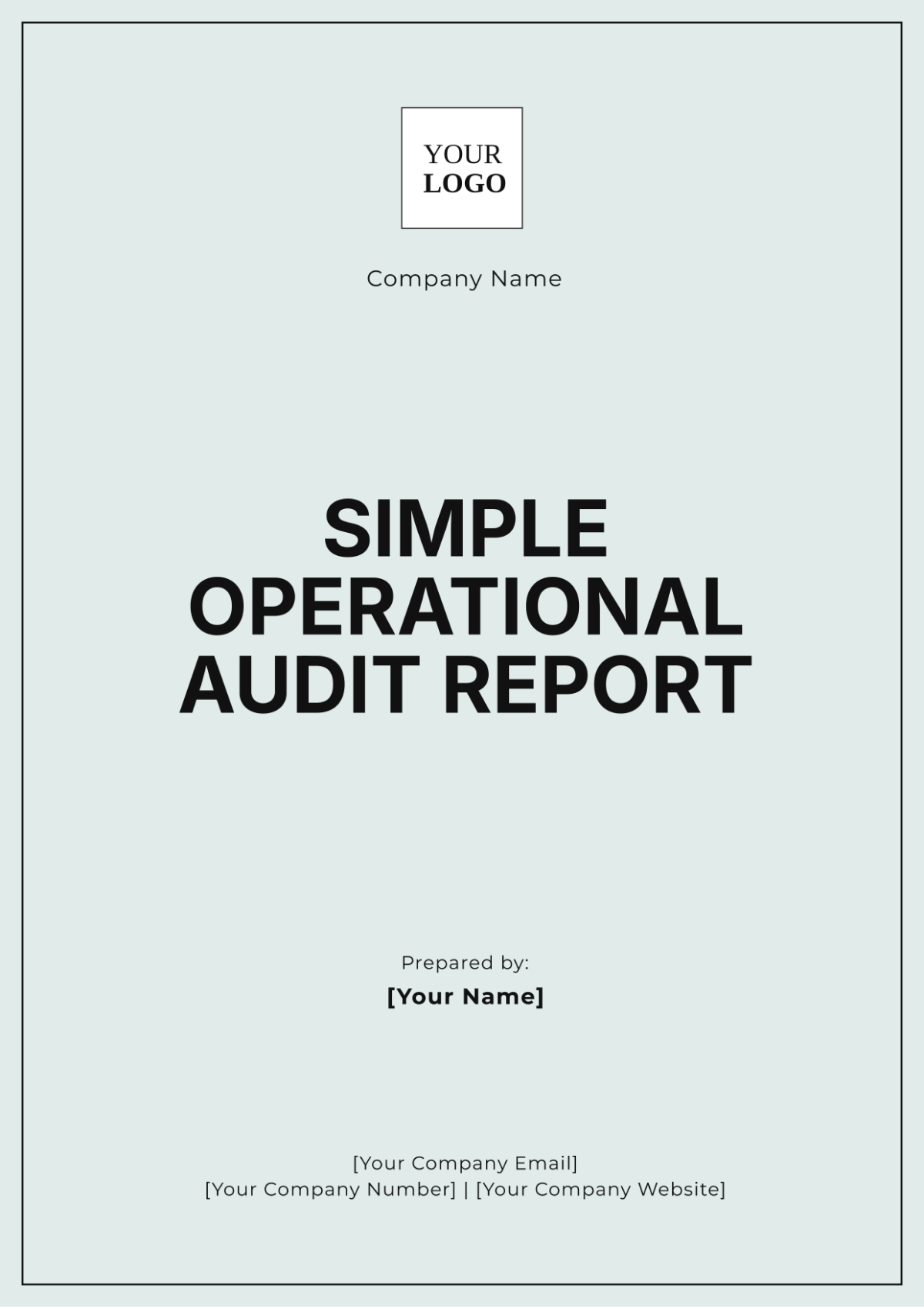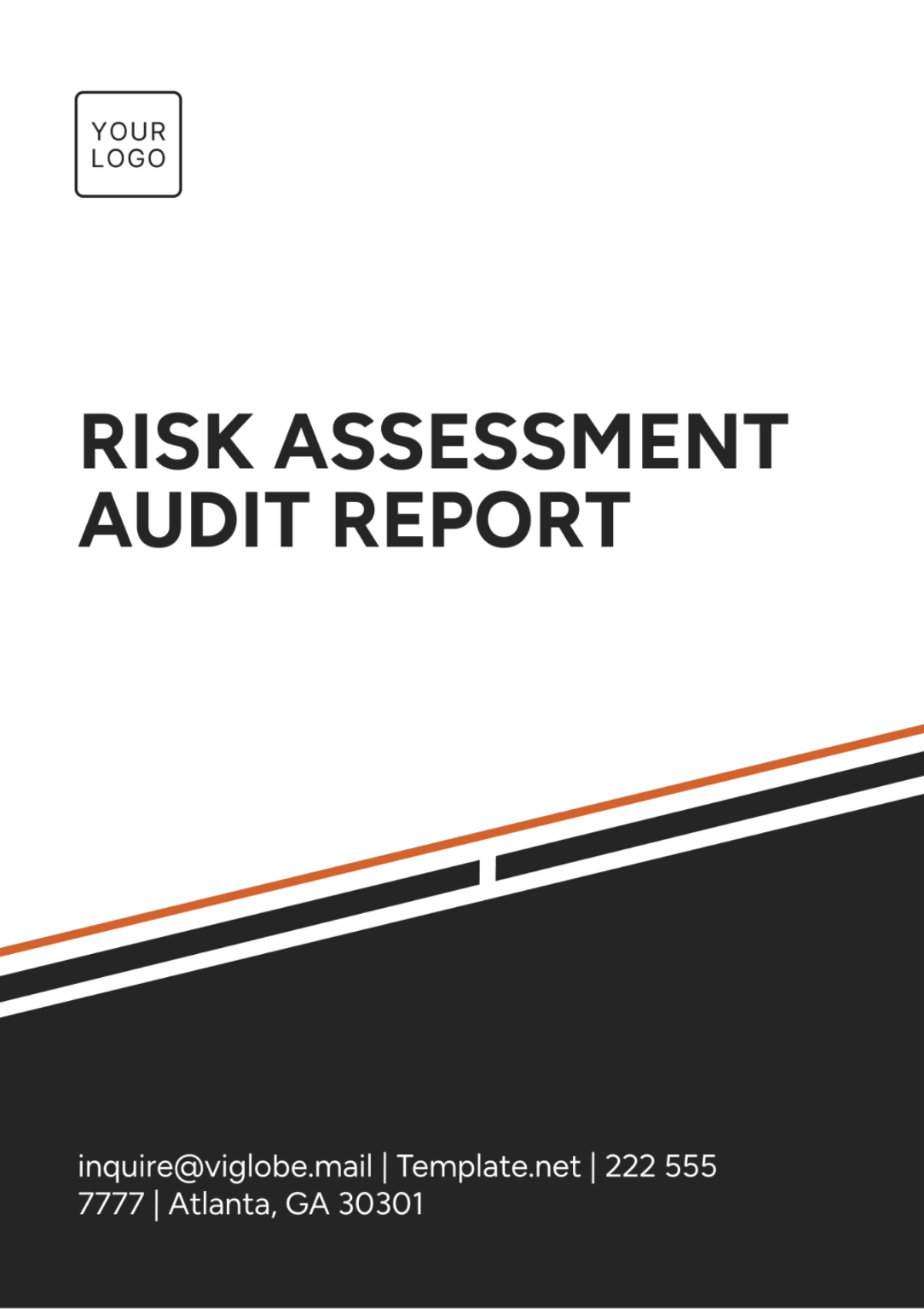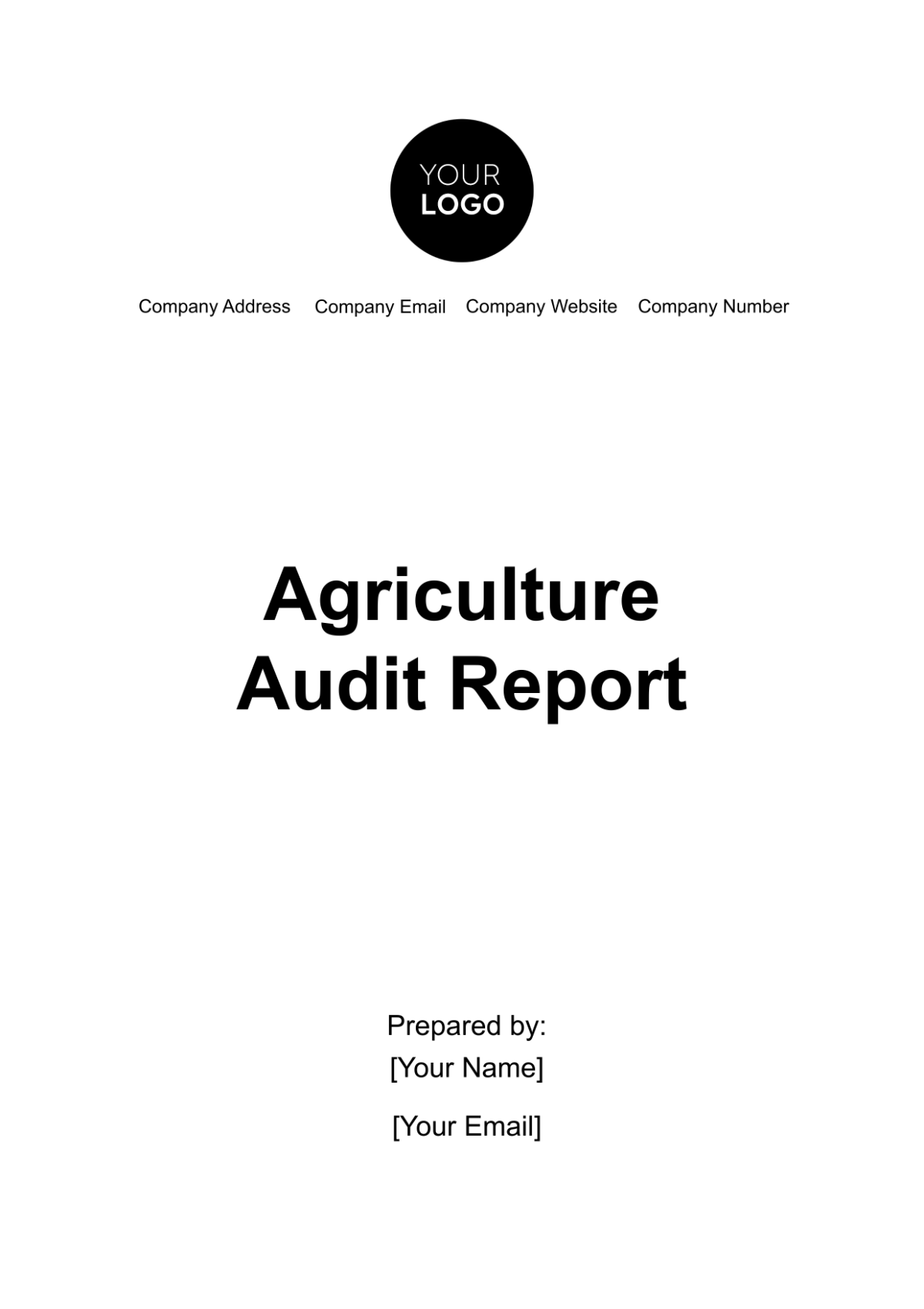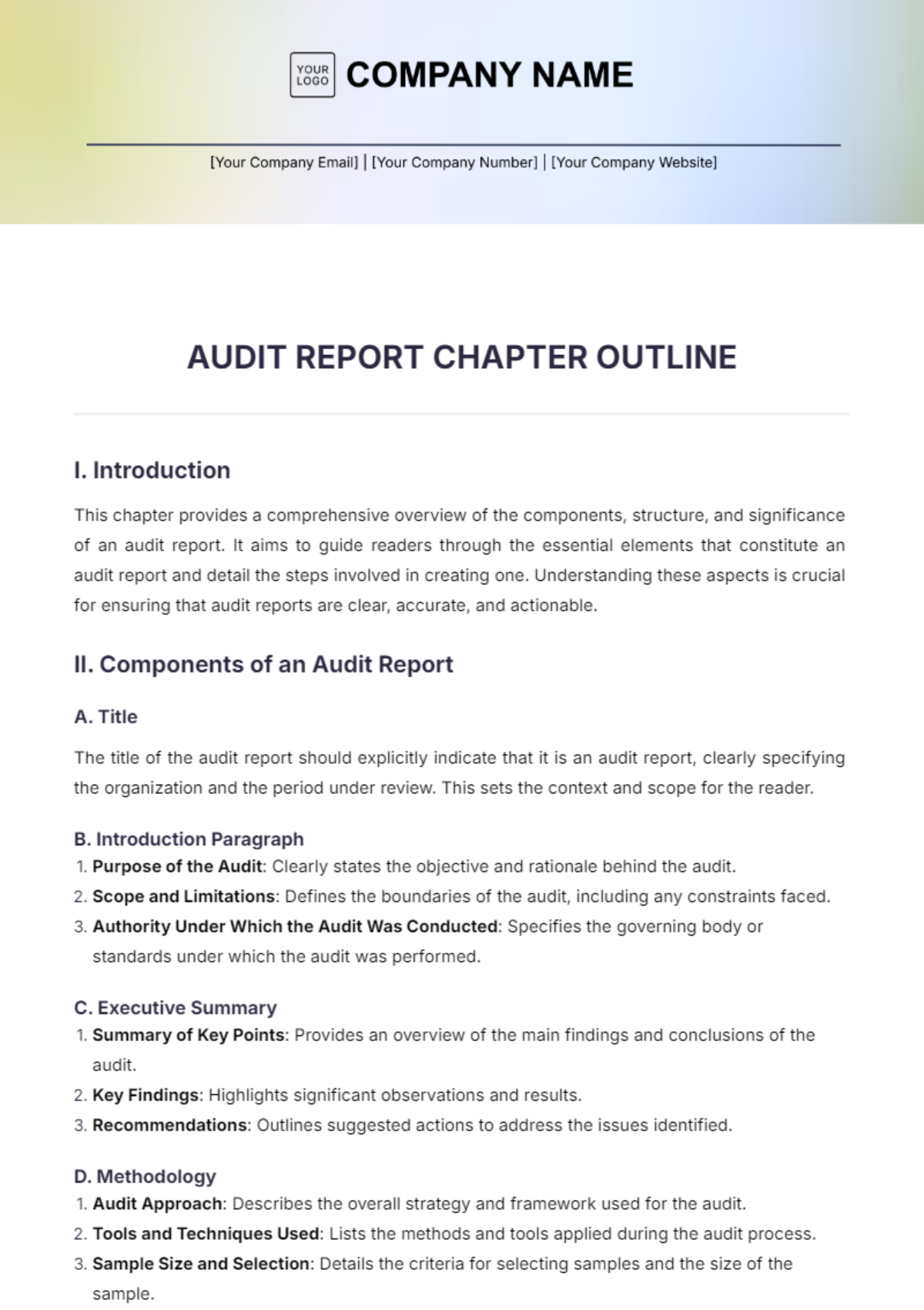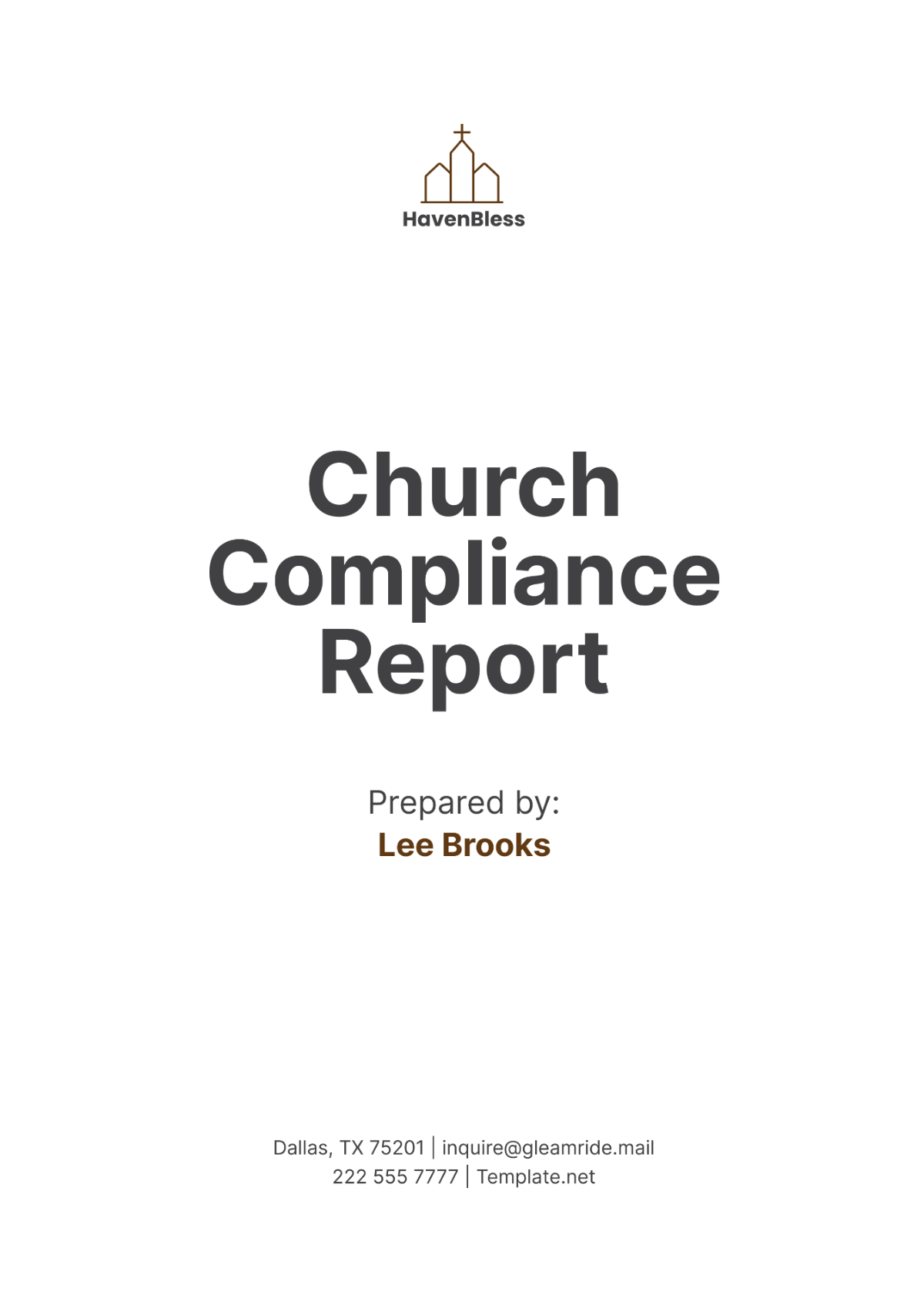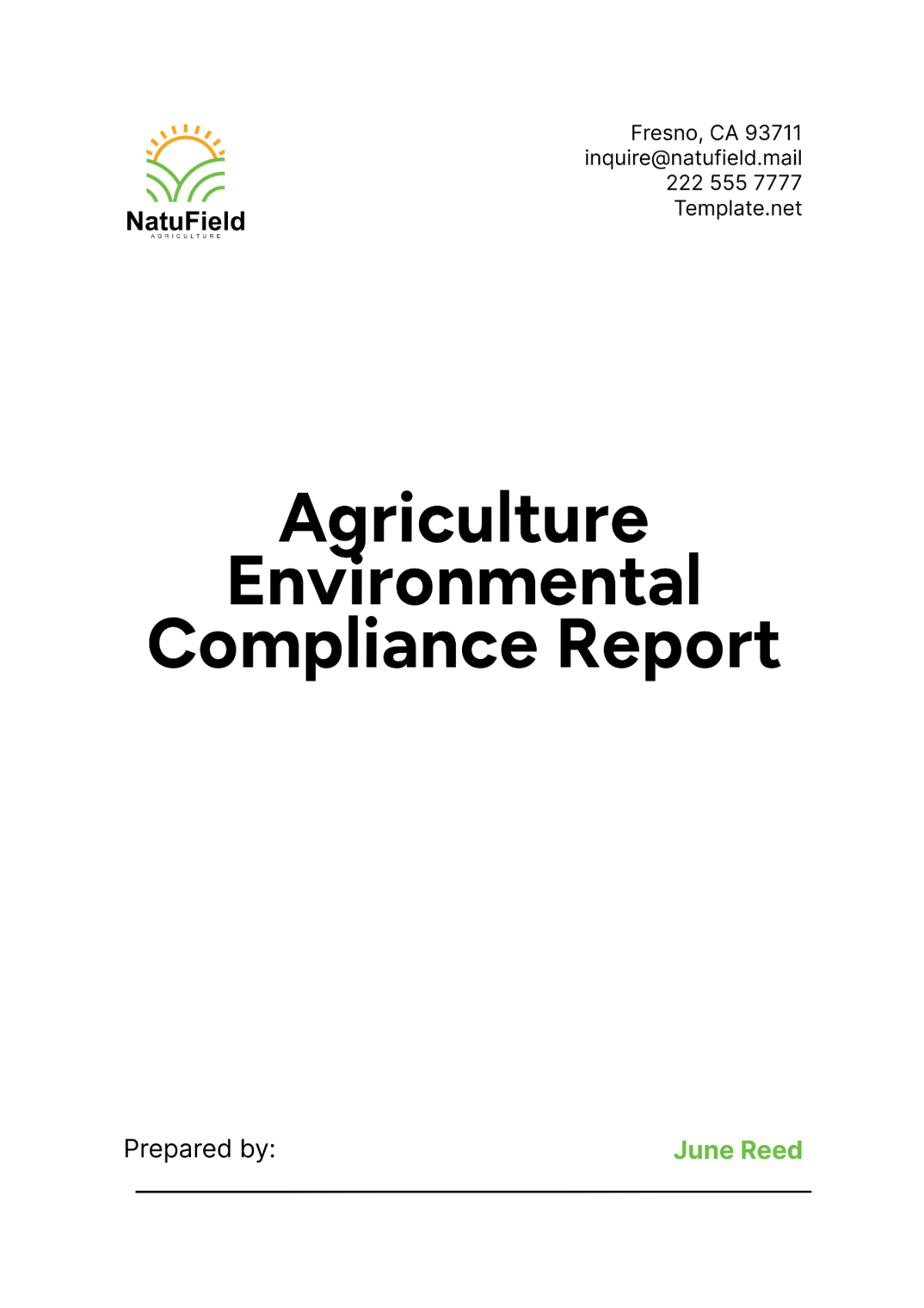Sinhala Audit Report
Audit Report on The National Environmental Conservation Program in Sri Lanka
Date: October 22, 2060
Introduction
This report provides a comprehensive overview of the audit conducted by the National Environmental Conservation Authority (NECA) regarding the National Environmental Conservation Program (NECP). The purpose of this document is to inform stakeholders about the audit findings, methodologies employed, and implications for future environmental strategies. This audit aims to enhance transparency and accountability in environmental management practices across Sri Lanka.
Audit Process
The audit was conducted in a systematic and unbiased manner, adhering to international auditing standards. Initial investigations began on January 15, 2060, with thorough documentation of procedures and methodologies. The audit process involved stakeholder interviews, data collection from various government agencies, and on-site inspections. This section outlines the key characteristics identified during the audit and establishes clear objectives for obtaining actionable results, including:
Stakeholder Engagement: Meetings with community leaders and environmental organizations.
Data Collection: Gathering quantitative and qualitative data on program effectiveness.
Analysis Framework: A structured approach to evaluating performance metrics against set benchmarks.
Audit Determination
In this section, the audit's requirements and targeted milestones have been updated based on the findings. The following key elements were assessed:
Compliance: Evaluation of adherence to national and international environmental regulations.
Resource Allocation: Review of funding distribution and resource utilization within the NECP.
Outcome Measurement: Assessment of program effectiveness in achieving its environmental goals.
This comprehensive assessment provides a foundation for future improvements and strategic planning.
Data and Analysis
Audit Metrics | Responses | Approved Measures |
|---|---|---|
Specificity | Quantified by stakeholder feedback | Metrics include environmental impact assessments and compliance reports |
Total Items Audited | 5000+ environmental initiatives reviewed | Included biodiversity studies, pollution control measures, and community engagement programs |
Data analysis revealed significant trends, including areas of success and opportunities for improvement within the NECP. Key findings indicate an overall increase in environmental awareness among communities, alongside gaps in certain program areas that require immediate attention.
Main Issues
The audit identified several critical issues affecting the effectiveness of the NECP:
Discrepancies Between Processes and Governance: Inconsistent application of policies across different regions has led to uneven results in conservation efforts.
Inconsistencies Observed During the Audit Review Period: Several data discrepancies were noted, particularly in reporting pollution control measures and biodiversity metrics.
Current Institutional Integrations Within the Sender: The integration of local governmental agencies in program implementation needs strengthening to ensure cohesive action and support.
Addressing these issues is vital for enhancing program effectiveness and ensuring compliance with environmental standards.
Conclusion
This audit confirms the reliability of the information presented regarding the National Environmental Conservation Program. The results indicate a robust foundation for ongoing efforts, while also highlighting areas requiring strategic attention. The findings emphasize the importance of continuous improvement in audit practices and environmental management.
Recommendations
Based on the findings of this audit, the following recommendations have been developed for the NECP:
Enhance Stakeholder Collaboration: Foster stronger partnerships with local communities, NGOs, and international organizations to improve program effectiveness.
Implement Regular Monitoring and Evaluation: Establish a routine assessment process to track program outcomes and adapt strategies as necessary.
Allocate Resources Effectively: Ensure that funding is directed toward the most impactful conservation initiatives and that resources are utilized efficiently.
These recommendations aim to strengthen the National Environmental Conservation Program and support its long-term sustainability.












